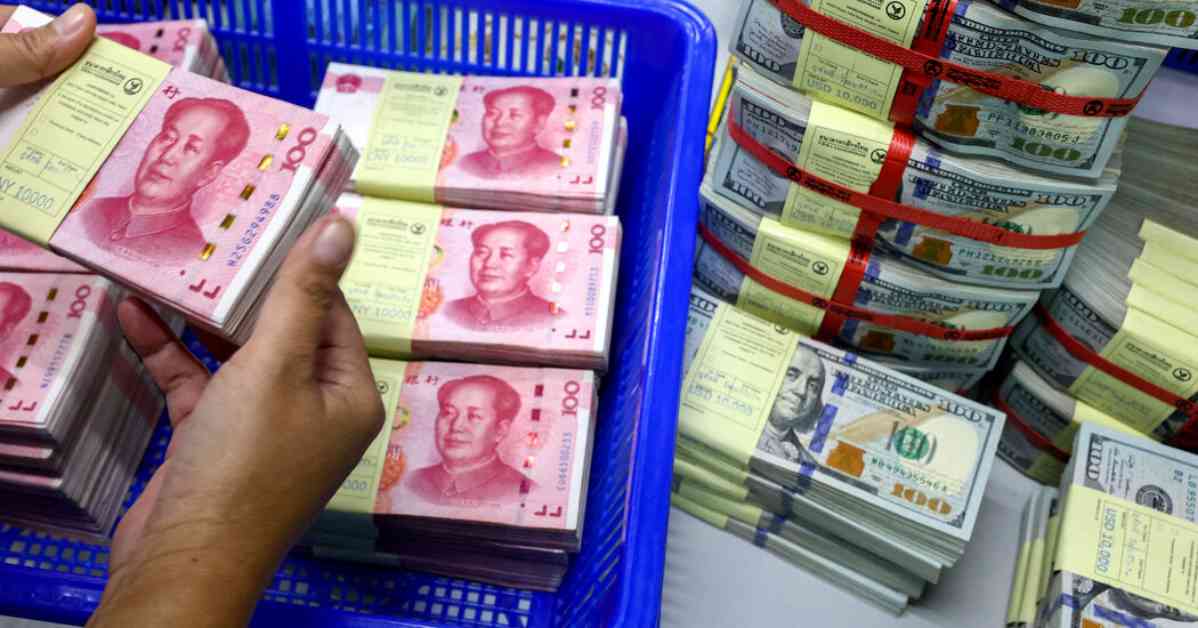President-elect Donald J. Trump’s threat of new tariffs on Chinese goods has raised concerns about a potential currency war between the United States and China. China could respond by allowing its currency, the renminbi, to depreciate against the dollar, making its exports cheaper and offsetting the impact of the tariffs. However, this move could have significant risks for China’s economy.
A cheaper renminbi could help Chinese exports remain competitive in the face of additional tariffs imposed by the United States. This strategy has been used in the past when President Trump implemented tariffs during his first term. The recent threat of a 10 percent tariff on Chinese goods, along with tariffs on products from Canada and Mexico, has put pressure on China to consider its options.
While a weaker renminbi could boost China’s export industry, it could also have negative consequences for the country’s economy. A devaluation of the currency could lead to capital flight as companies and individuals seek to move their money out of the country. This could undermine domestic investment and consumer confidence, leading to a decrease in consumer spending and stock prices.
Additionally, a depreciating renminbi could hinder China’s efforts to stabilize its economy, which has been struggling due to a housing market collapse that has impacted the savings of the middle class. The Chinese government has been working to shore up the economy, and a currency war could complicate these efforts.
Overall, the prospect of a currency war between the United States and China poses challenges for both countries. While a cheaper renminbi could help China offset the impact of tariffs, it could also have negative consequences for the country’s economy. As tensions between the two nations continue to escalate, it remains to be seen how China will respond to President-elect Trump’s tariff threats and whether a currency war will ensue.

